Analysis of MCI, Verizon, and Qwest's Business Strategies
VerifiedAdded on 2021/06/17
|10
|545
|18
Report
AI Summary
This report provides a comparative analysis of MCI, Verizon, and Qwest, examining their strengths, weaknesses, and strategic decisions regarding mergers and acquisitions. The analysis includes an evaluation of their financial performance, market positions, and the implications of their merger offers. The report discusses the synergies of proposed combinations, the value to shareholders, and recommendations regarding which offers MCI should accept. Furthermore, it explores the benefits of mergers for both MCI and the acquiring companies, and provides a conclusion based on the analysis. This report offers insights into the telecommunications industry and the strategic considerations involved in mergers and acquisitions, supported by references to relevant literature.
1 out of 10
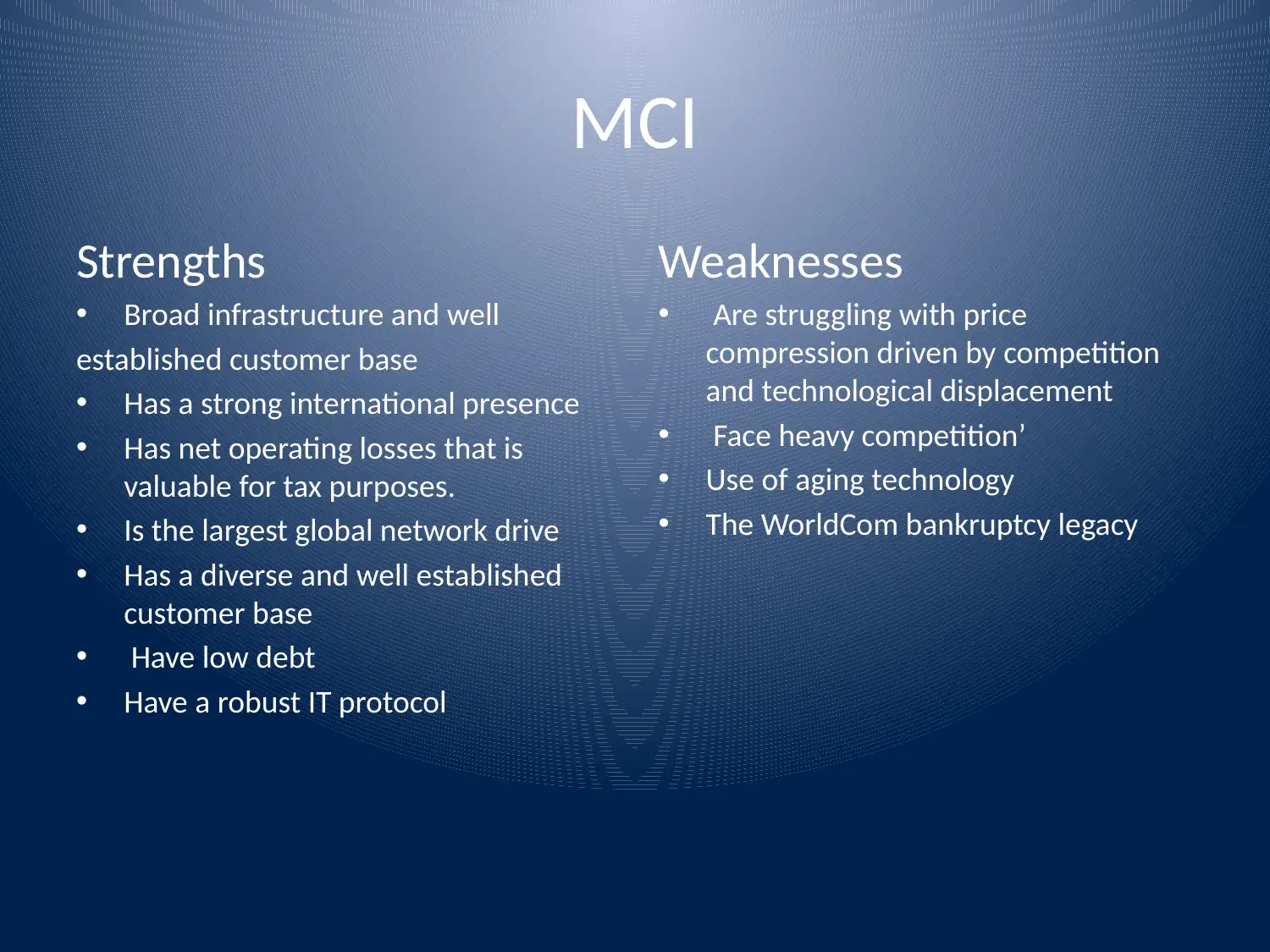
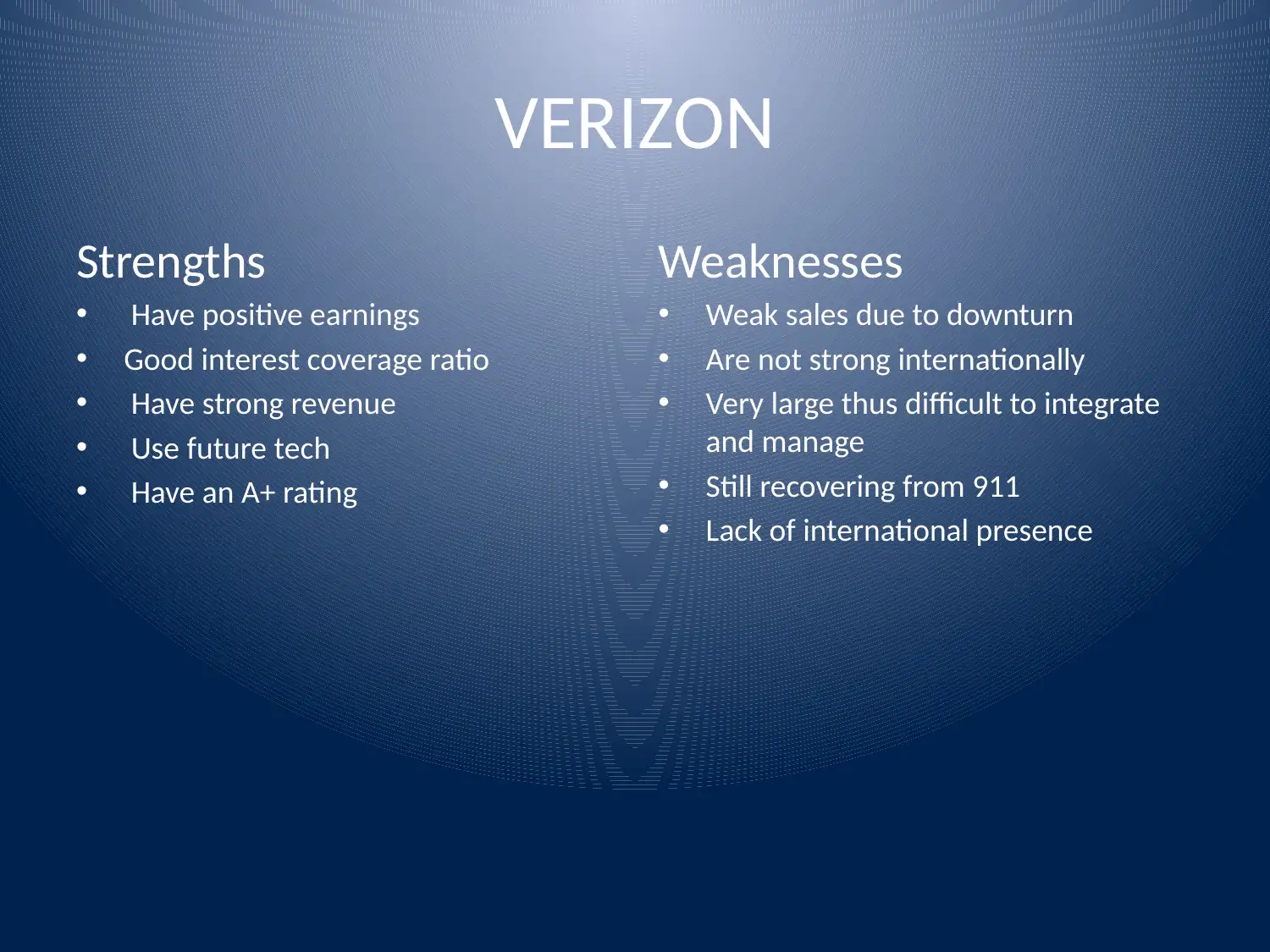
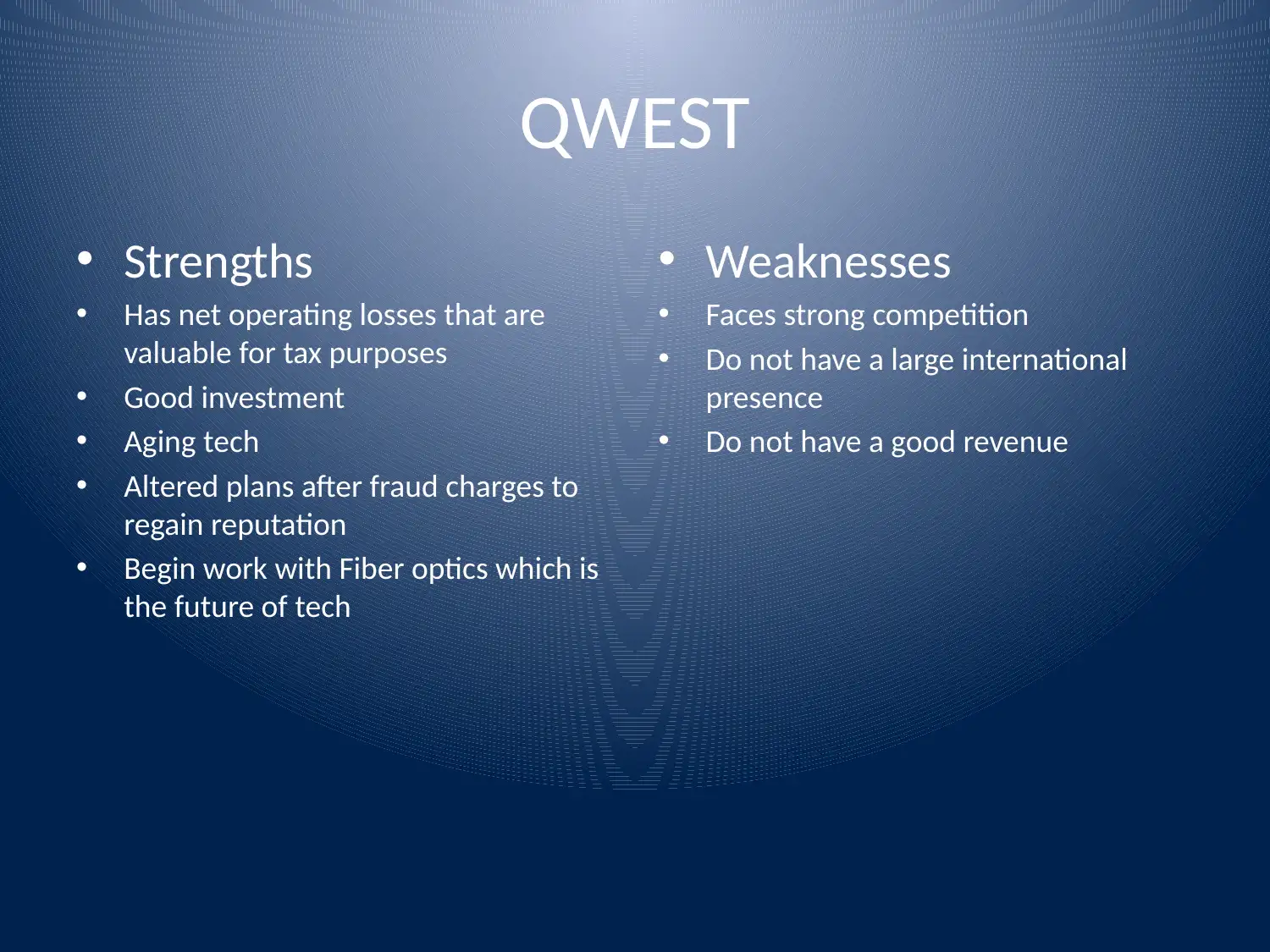

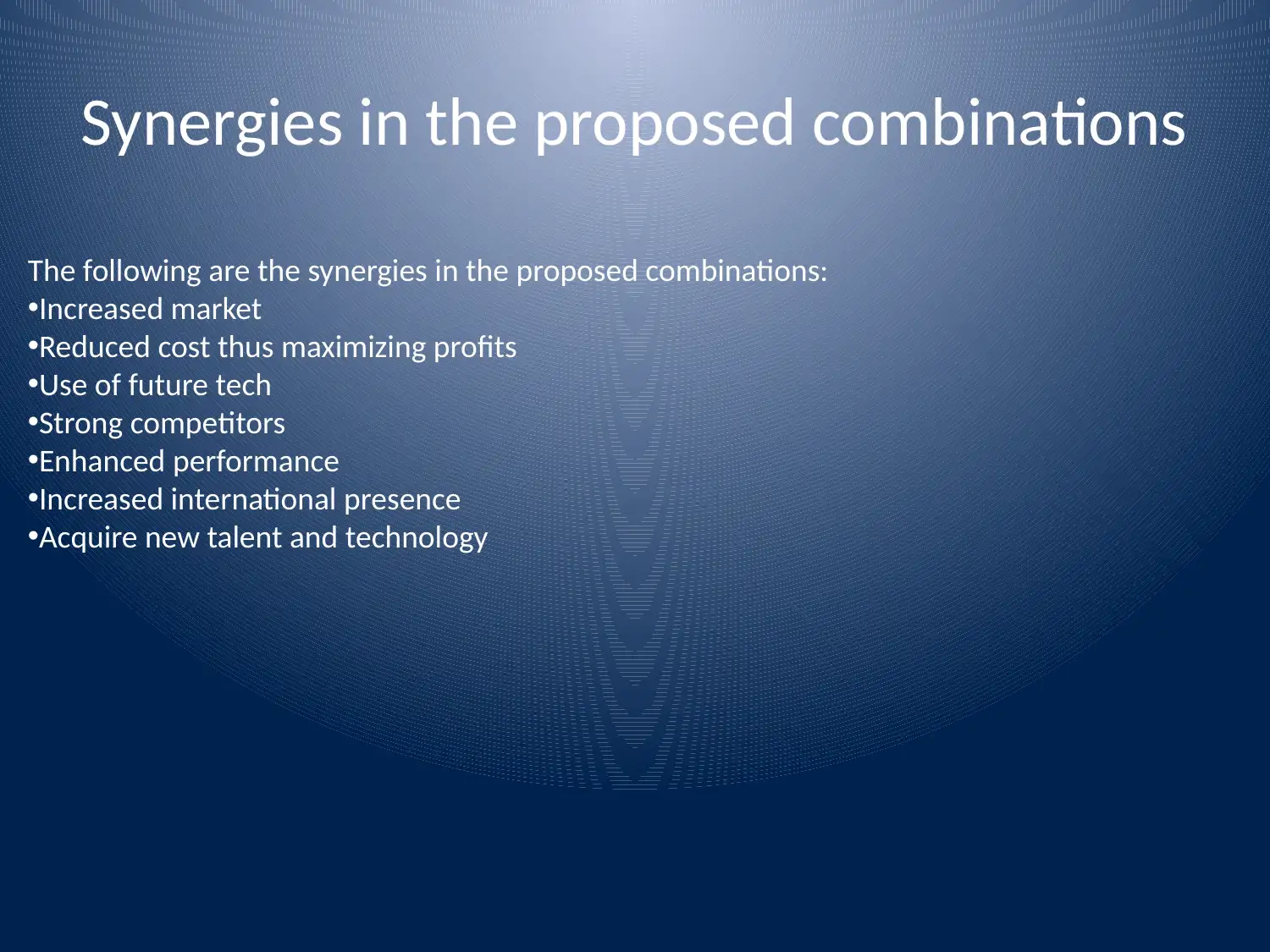
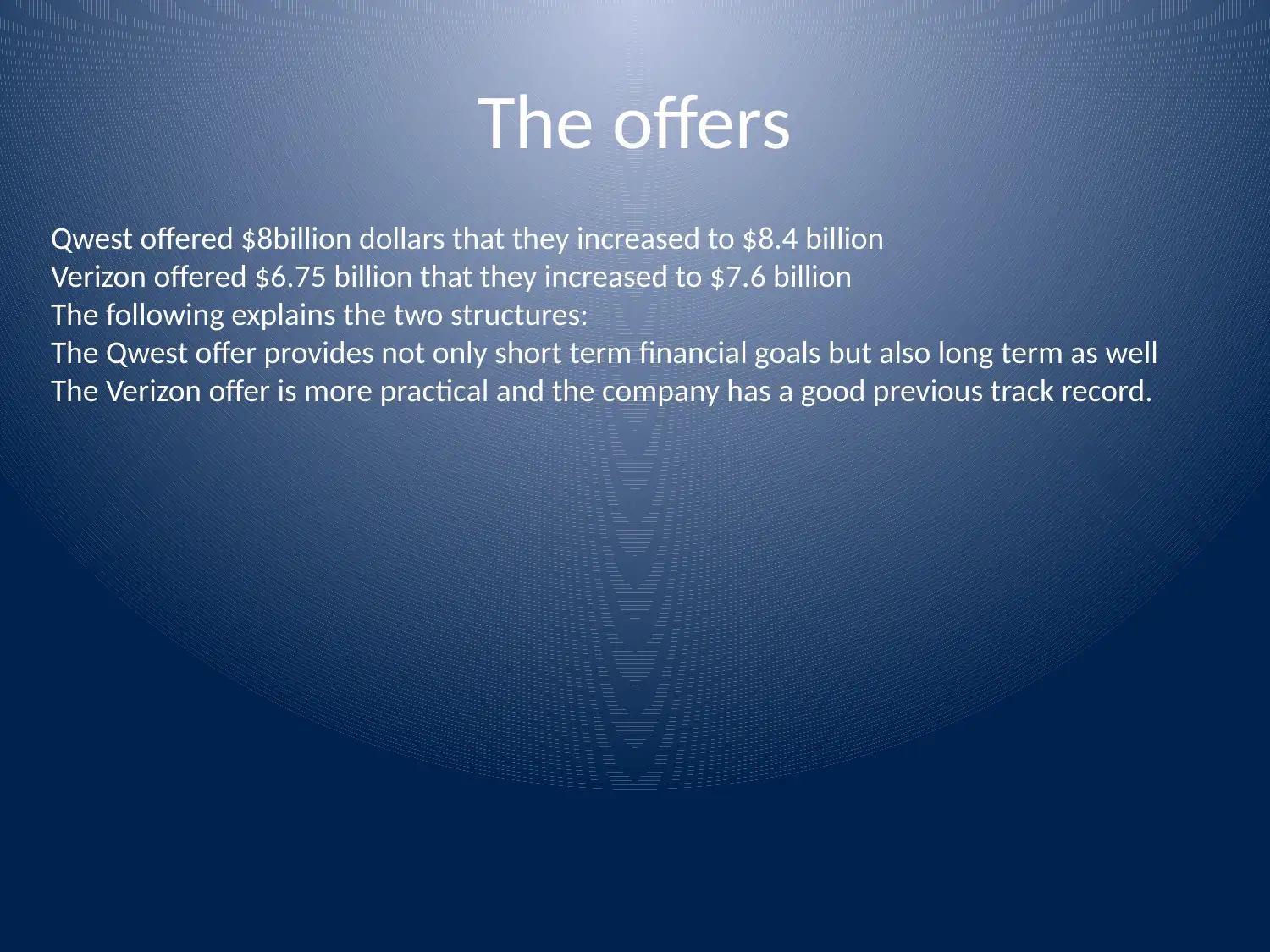
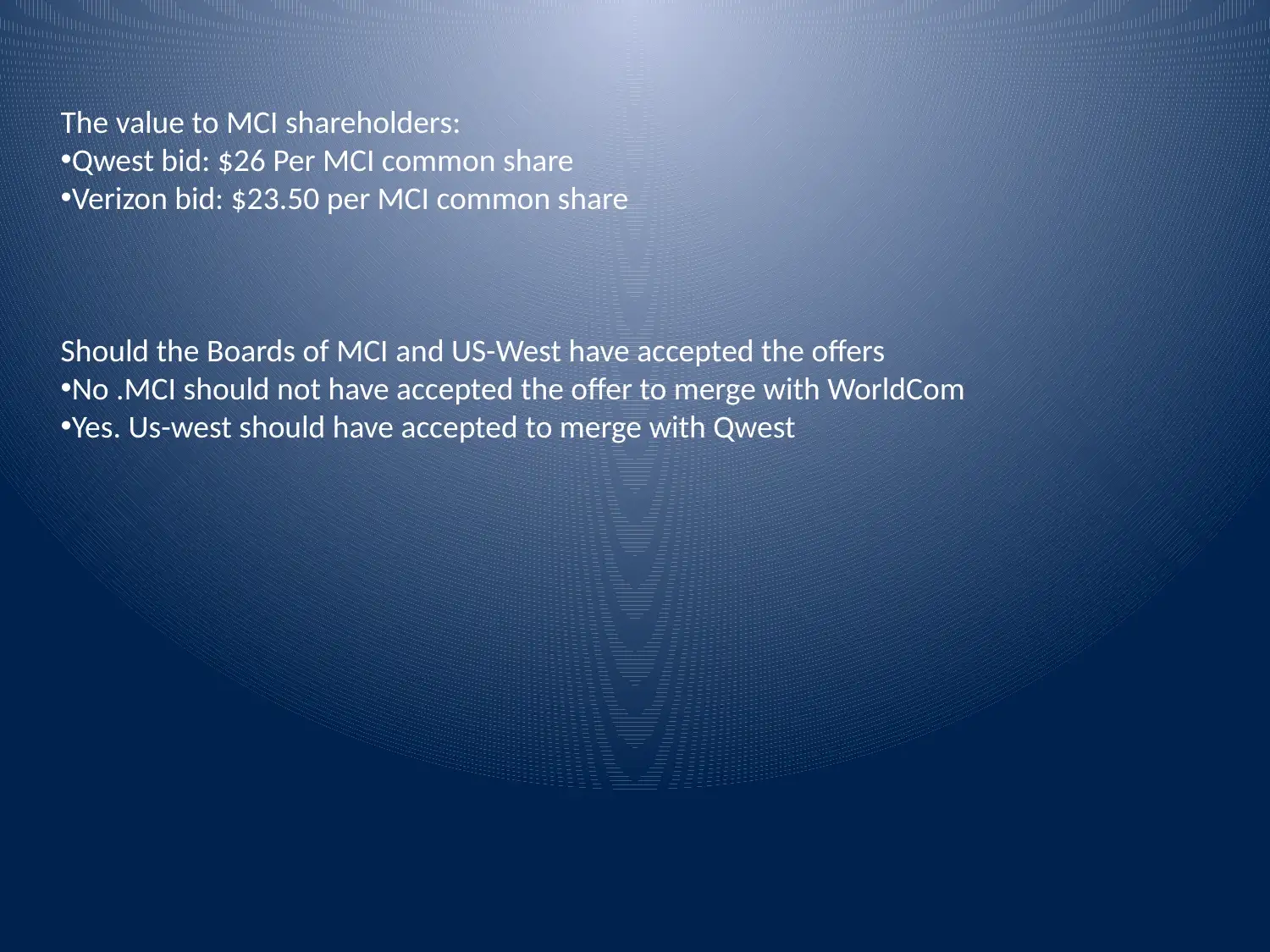
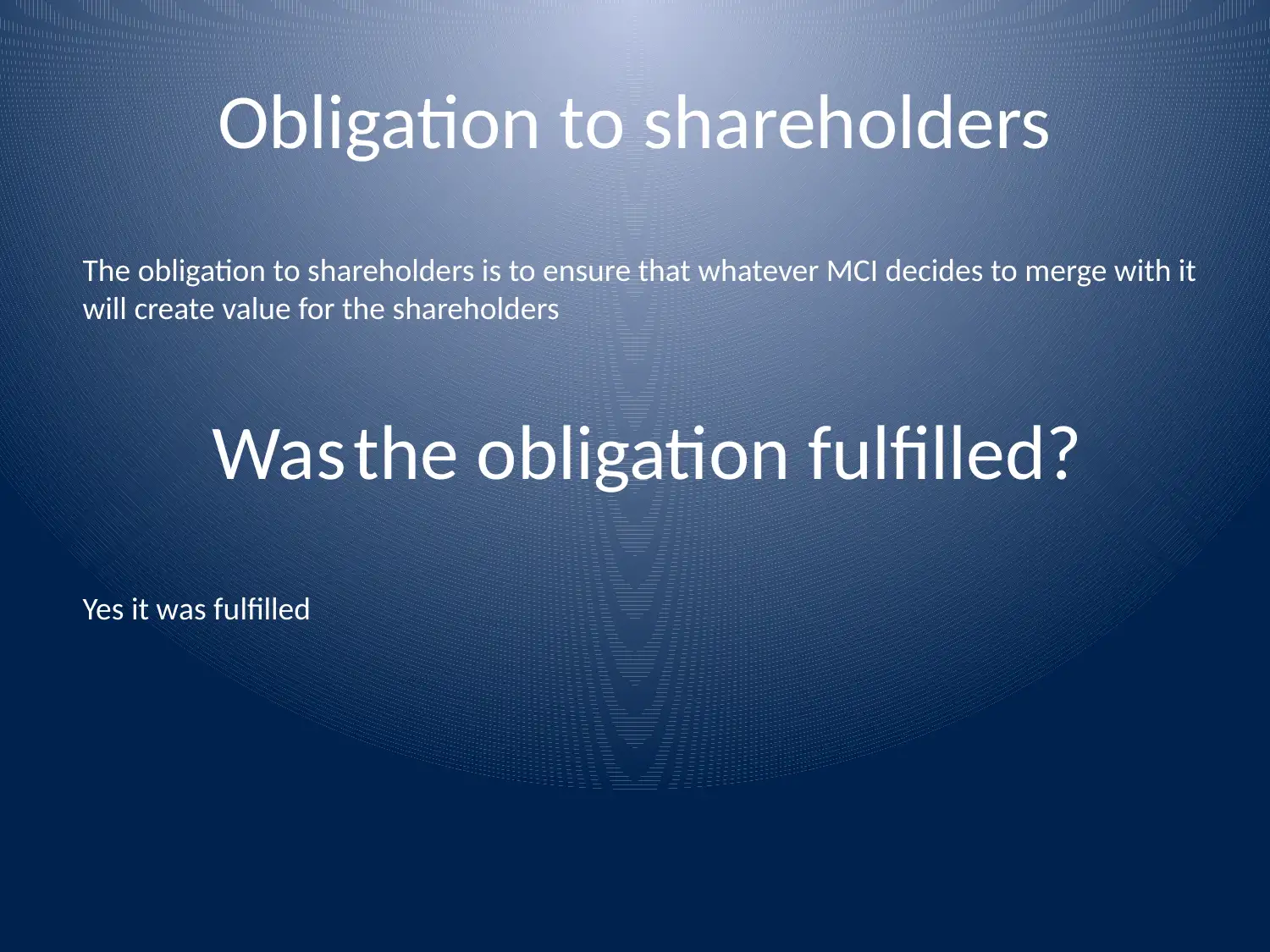
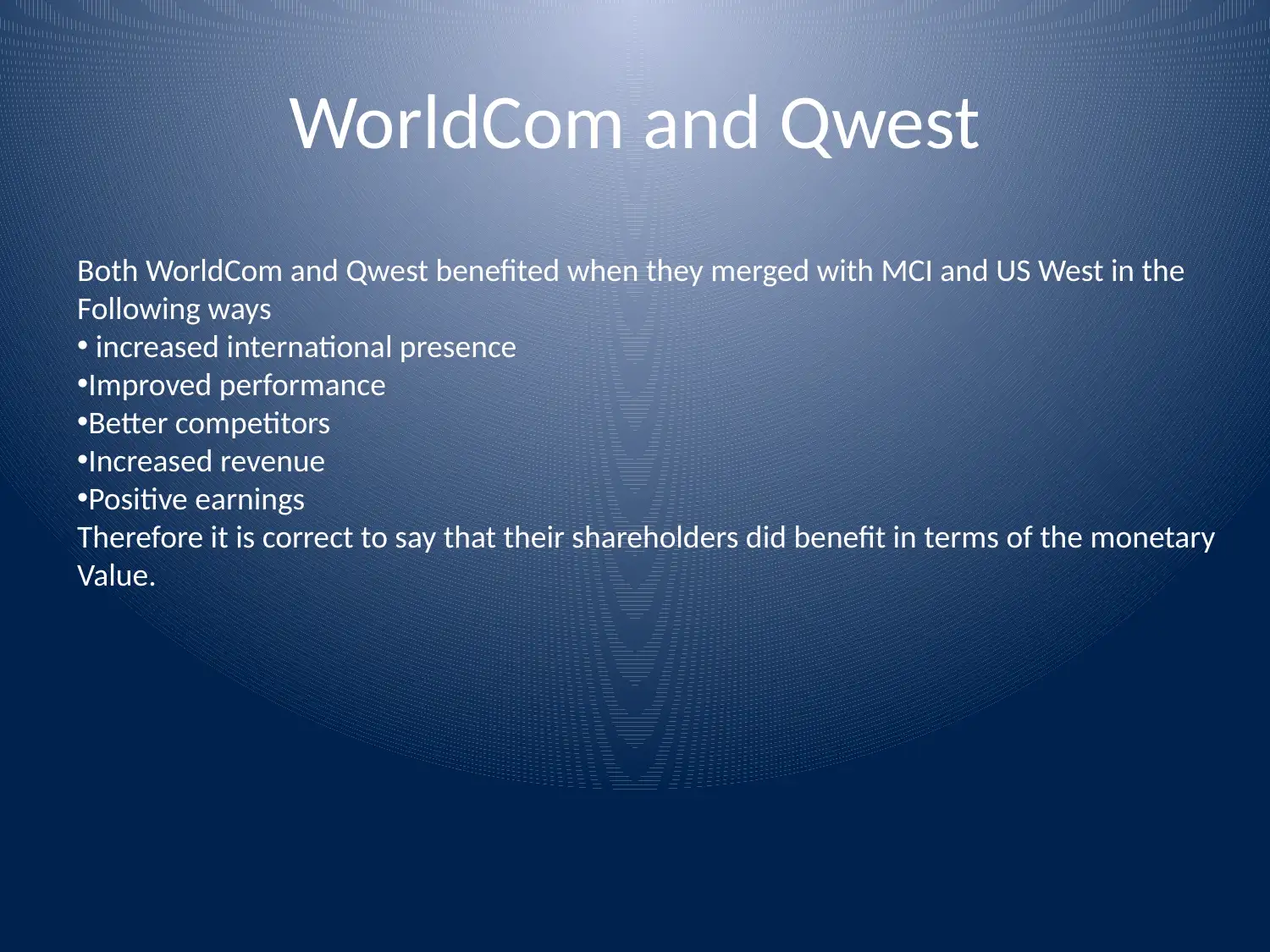
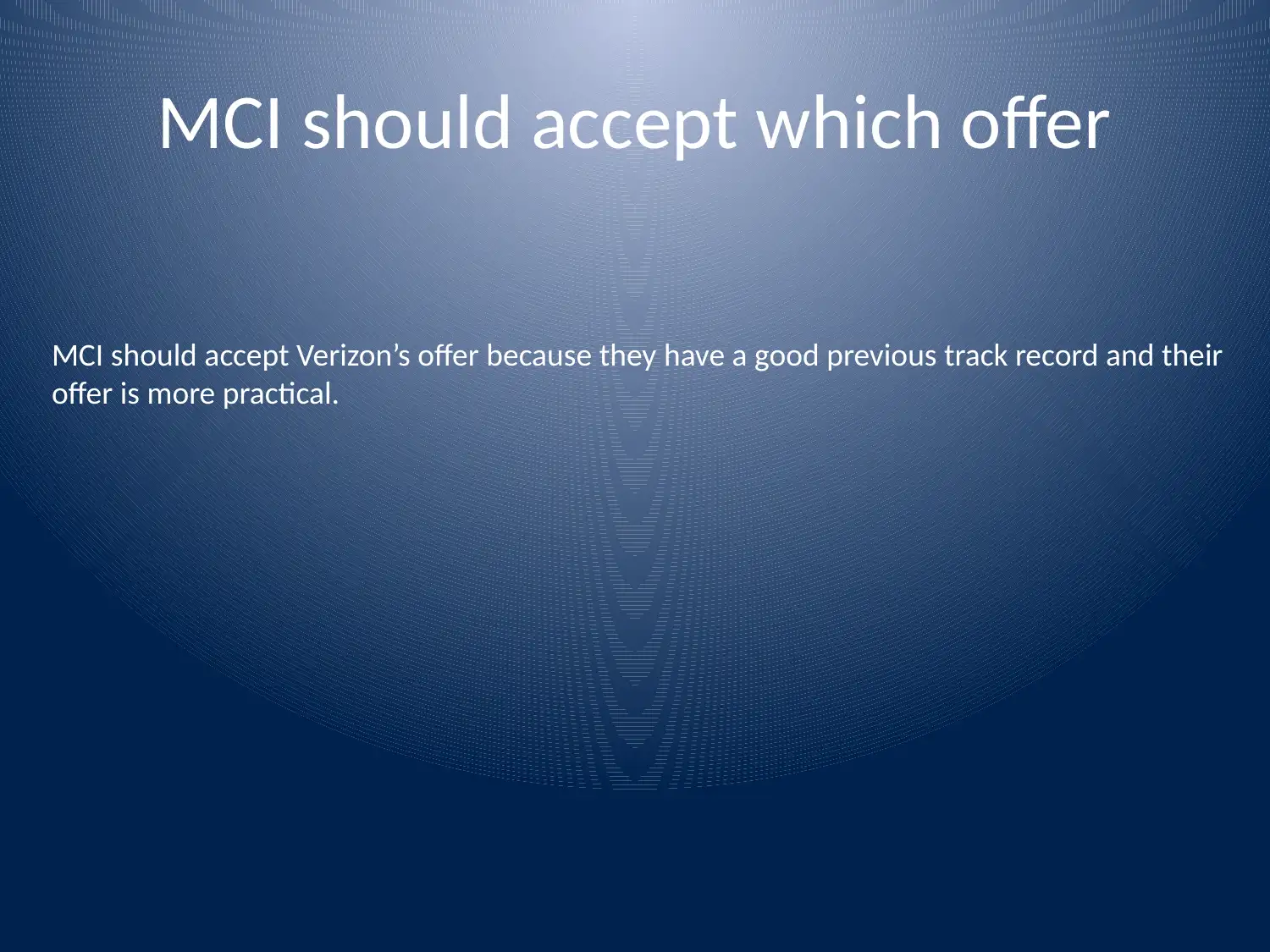
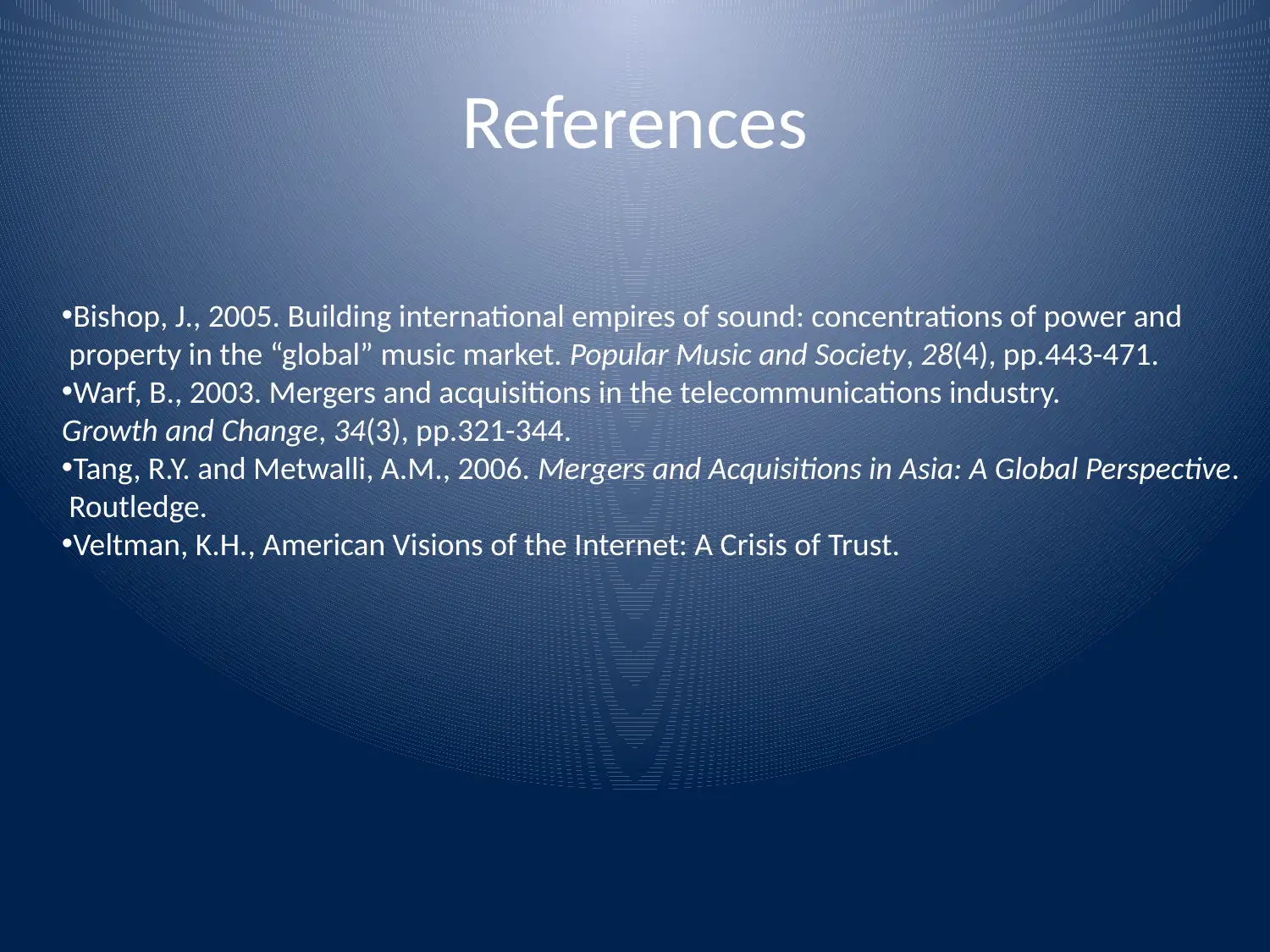

![[object Object]](/_next/static/media/star-bottom.7253800d.svg)